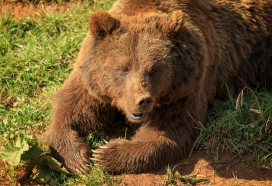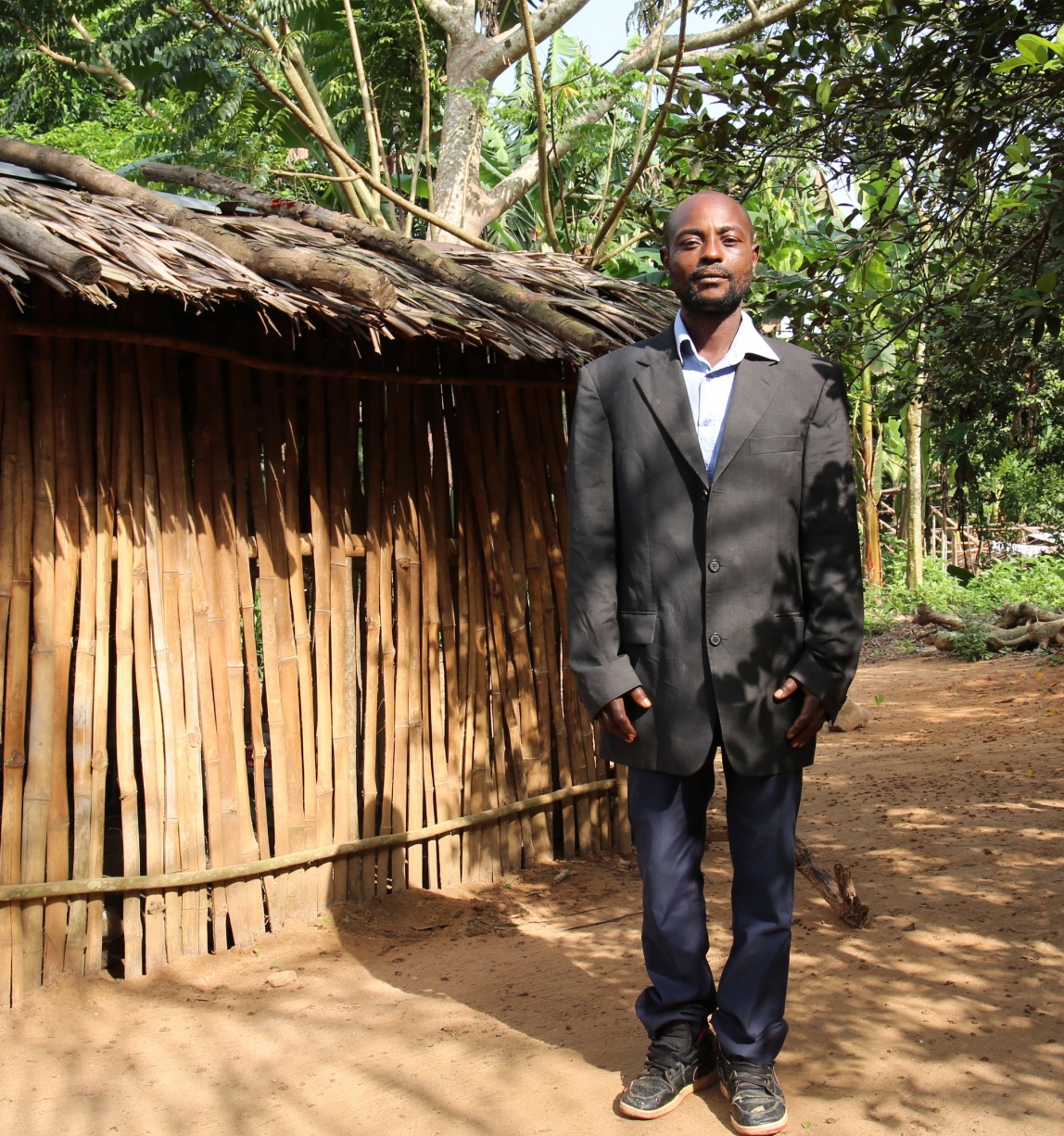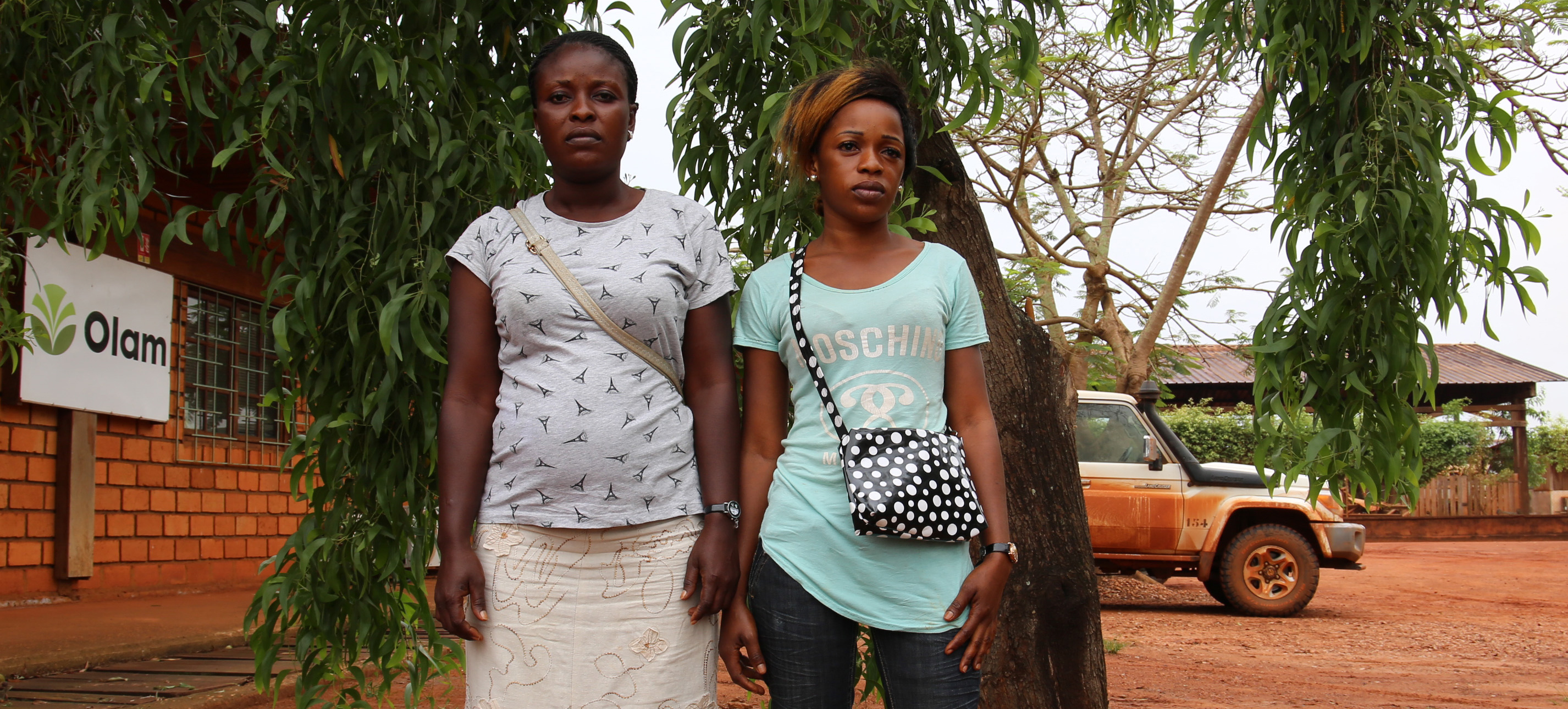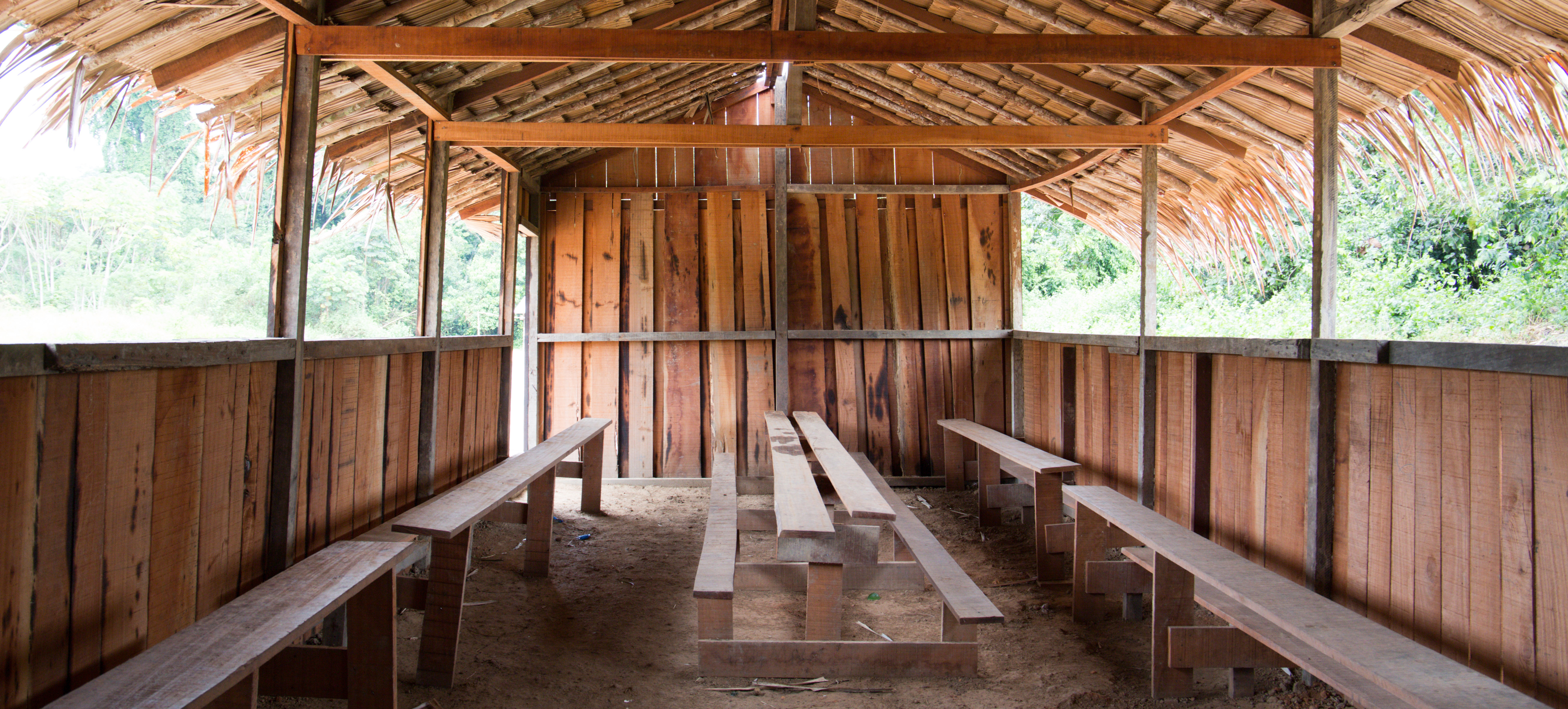
FSC has joined 100+ NGOs supporting the #Together4Forests movement.
About FSC
As the leader in sustainable forestry, FSC is trusted to protect forests for all, forever.
Learn more about FSC >Who we are
Our historyGlobal LeadershipBoard of DirectorsPolicy and Standards CommitteePermanent Indigenous Peoples CommitteeLocal FSC TeamsOur work
Why forests matterFSC’s global strategyHow the FSC system worksGovernanceFSC solutionsExplore certification
Show your commitment to responsible forestry by becoming FSC certified.
Learn more about certification >What the FSC labels mean
Every FSC label stands for sustainable sourcing that puts forests and people first.
Learn more about our labels >Earth observation
We’re harnessing the power of satellite data to help auditors monitor forest health.
Learn more >FSC Trace
We are using blockchain to ensure certification compliance throughout the supply chain.
Learn more >Wood identification
We're piloting cutting-edge technology to trace and prove the origins of wood.
Learn more >FSC standards
Our rigorous forest certification standards are the foundation of the FSC system.
Learn more >Current processes
See which policies, standards and procedures are currently being strengthened.
Learn more >System integrity
We’re committed to upholding the credibility and transparency of the FSC system.
Learn more >Open investigations
Explore our active investigations into organizations who may threaten the FSC system.
Learn more >By Industry
ConstructionFashionFibreFurnitureNatural rubberPaper & packagingRetail & ecommerceWoodOther forest productsCertification and licence options
Find the certification or licence that’s right for your business.
Start now >Other Related Links
Chain of Custody CertificationPromotional LicenceProject CertificationUse FSC’s logoBy Solution
Verified Impact for businessesVerified Impact for forest managersEU Regulation on Deforestation-free Products (EUDR)Forest managers
Ensure the long-term health and viability of your forest with FSC certification.
Learn more >Managers of small, low-intensity, or community forests
FSC certification isn’t just for global corporations. We have solutions to fit any forest.
Learn more >Governments
Make real progress toward your sustainability goals and secure the future of our forests.
Learn more >Become a member
Make your commitment to responsible forest stewardship official by becoming an FSC member.
Learn more >Members portal
FSC’s collaboration platform for current members.
Learn more >Join us at the General Assembly
26-31 October 2025 | Panama
Participate in FSC’s highest decision-making process and help influence the future of our forests
Join our mission
Put your passion to work creating a better future for forests and people worldwide.
Explore current opportunities >Learn more about FSC
What the FSC labels meanWhy forests matterStories from the forestHow the FSC system worksFSC solutionsFSC’s 2021-2026 global strategyNews & Impact
Stay up to date with the latest from FSC and the world of sustainable forestry.
See all news >Other Related Links
See all storiesThe Unsung Heroes of the ForestsPress Corner
Learn more about upcoming media engagement opportunities and find relevant media resources.
Learn more >Blog
Enhance knowledge on forests, forest management and other nature solutions
Learn more >Other Related Links
Sustainable forestryForest managementWhy forests matterLearning Centre
Position statementsPodcastsVideosAnnual reportConsumer researchE-trainingCampaignsTools & Resources Home
FSC offers a variety of tools and resources to help you work with our organization.
See the complete list >Find all documents related to FSC’s standards, policies, and procedures.
Consultation PlatformOpen for feedback: Help strengthen FSC’s standards, procedures and policies up for review.
E-TrainingLearn about the FSC system through deep dives on relevant topics.
Certificate SearchAccess the latest information on FSC certificate holders.
For FSC members: Access our primary platform for collaboration.
FSC Brand HubFor FSC certificate holders and promotional licence holders. Access FSC trademarks, campaigns, marketing assets, and other resources.
Trademark PortalFor FSC certificate holders and promotional licence holders. Access the legacy Certificate Status Watch.
For FSC certification holders and licence holders. FSC Trace is a secure platform that ensures seamless compliance verification throughout the supply chain.
FSC Risk HubAssess, visualize, and mitigate risks in forestry sourcing with our risk assessments dashboard.
Choose from the selection of the newest stories and documents below.
FSC has joined 100+ NGOs supporting the #Together4Forests movement.
The FSC Ecosystem Services Procedure has helped Maderacre verify its positive impacts on biodiversity and carbon.
Companies committed to sustainable forest management in the Congo are doing their part to advance the life of Indigenous Peoples, like the Baaka, with dignity.


This makes it one of the world’s most precious resources in these times of reckless exploitation and the impending doom that climate change is bringing upon us.
In our endeavor to help preserve and protect the world’s forests and its resources, the Forest Stewardship Council (FSC) advocates a model of forestry that is not just economically viable, but also environmentally sound and socially beneficial.
In the Republic of Congo, FSC certifies 2.5 million hectares of forests, striving every day towards taking head-on the many challenges that face the world’s forests, even as our certificate holders listen to diverse voices in their areas of operation.
In the Congolese village of Pokola there are 6000 persons living in the forests around where FSC-certified company CIB-OLAM operates.
Under FSC’s Principles and Criteria #4 which states that “The Organization shall contribute to maintaining or enhancing the social and economic wellbeing of local communities,” the company maintains around 1000 km of roads and has a hospital that it operates for local communities and Indigenous Peoples.
These roads have enabled the communities to connect with local markets to sell fish they catch from nearby water bodies and plants (like Saka Saka and Yuca) that they collect from the forests.
The roads have also greatly eased their access to hospitals and medical care.

According to the World Health Organisation the maternal mortality ratio for the Republic of Congo is 442 (per 100,000 live births), making it the 25th worst country for the indicator.
Bantu women, Merline (L) and Paola (R), each have three children and live in the village of Pokola. They are the beneficiaries of modern healthcare facilities in a country where access is limited. Having experienced birthing at home and in the hospital, they say they prefer the hospital.
“Delivering a baby at home is lonely and risky,” says 25-year-old Paola, “I went into labour when nobody was home. I had to wait for my mother to return to help me and luckily she reached me in time.”
It’s also safer and better for the health of the child to be born in the hospital, according to Merline.
“In the hospital, doctors ensure that newborns get their vaccinations immediately after birth. For us mothers, there is less chance of infection and more support—If the child is in a difficult position it is good to have a doctor and a midwife around.”
The presence of sustainably-managed forest concessions have also brought wider access to education for children of communities in the Congo.
While some build schools for the communities, others play a crucial part in aiding the setup of schools in their areas of operation. Many such schools are built near or within the Baka settlement or village.
For example, an FSC-certified forest management company helped create awareness for a school by engaging Indigenous staff to inform the residents of Mokobo about the project and to answer any query they may have.
While the school was built by the government of the Republic of Congo in collaboration with USDA, CIB-OLAM performed a reconnaissance of the location and was involved in the actual ground breaking and flattening, making the land suitable for building the school.

In the picture above is the dining hall of the school in Mokobo. After classes end for the day, children are provided with lunch, funded by the UN’s World Food Programme.
Traditionally hunter gatherers, the Baka emphasize the importance of preserving their culture and traditions. Their way of life calls for a more practical education rooted in learning the life skills necessary to survive and thrive in the forests they inhabit.
Baka boys learn activities like fishing and hunting, using tools made from materials they collect in the forests; and girls take up activities like fish-bailing in streams. Girls are also responsible for caring for the young when their mothers are away collecting food.
Building schools close to Baka communities, and involving them in the process of introducing new education systems alongside their traditional education, is an important step in facilitating inclusion.
An important crux of FSC’s mission to promote environmentally sound, socially beneficial and economically viable solutions for the sustainable management of forests is engagement—and this is reflected in the constant dialogue and active interplay that FSC-certified companies undertake.
This could be by collaborating with governments for economic value, by certifying concessions for ecosystems services or by engaging with local and Indigenous communities, to conduct their businesses in tandem with the beliefs and systems of its original inhabitants.
A business is nothing without its people. This is especially true in forest management because businesses may have the know-how to make money, but traditional peoples are a treasure-trove of knowledge about their forests, which can in turn help sustain a business.